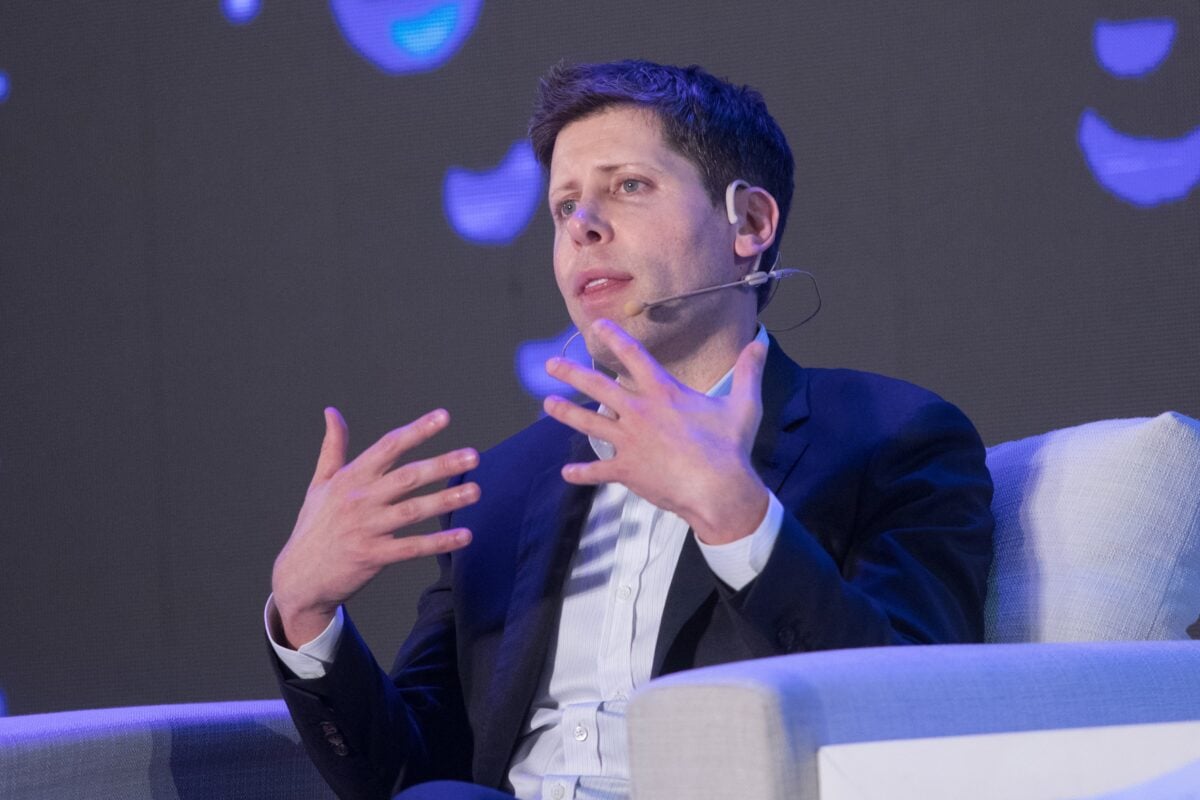TLDRs
- Sam Altman says Gen Z has historic opportunities to launch startups using powerful AI tools like GPT-5.
- OpenAI CEO believes young entrepreneurs can build billion-dollar companies with fewer resources than ever before.
- Altman predicts AI will replace many entry-level white-collar jobs but also create new high-paid roles.
- He warns society must adapt to AI-driven misinformation and changing perceptions of truth in media.
OpenAI CEO Sam Altman has painted an unusually bright picture for young entrepreneurs entering the workforce in the age of artificial intelligence.
Speaking recently on the Huge If True podcast, Altman said if he were graduating today, he would feel like “the luckiest kid in all of history.” While acknowledging the disruptive potential of AI, he believes the technology offers unprecedented opportunities to create new businesses, products, and even industries.
Altman stressed that younger generations are typically more adaptable to technological shifts. His bigger concern lies with older workers who may resist retraining or reskilling as certain job categories vanish. Historical patterns, he argued, show that every major technological revolution, from the industrial age to the rise of personal computing, has eliminated some roles while creating others.
AI as a Startup Accelerator
The launch of OpenAI’s GPT-5 model is at the heart of Altman’s optimism. He envisions a future where a single motivated individual could launch a billion-dollar company without the large teams or capital once required.
“This is the first time in history where you can go from idea to a functioning product at lightning speed,” Altman said. “AI removes so many traditional barriers to entry.”
He believes AI will allow young innovators to focus on creativity, problem-solving, and scaling rather than struggling through costly trial-and-error development cycles.
However, Altman didn’t shy away from the disruption ahead. He echoed forecasts that AI could replace up to half of all entry-level white-collar jobs within five years, but expressed confidence that these losses would be offset by the emergence of entirely new, well-paid career paths.
Adapting to Job Market Shifts
Recent data from Goldman Sachs shows a weakening job market for recent college graduates, while layoffs linked to AI are on the rise. Despite this, Altman maintains that AI’s economic transformation will ultimately be beneficial.
He foresees jobs in fields that don’t yet exist, citing space exploration as one imaginative example. He also emphasized the importance of embracing AI tools early.
“Just using the tools really helps,” he advised, urging young professionals to integrate AI into their work now rather than later.
The Future of Truth in a Synthetic Media Era
Beyond entrepreneurship, Altman addressed concerns about AI-generated misinformation and its impact on trust in media. As deepfakes, voice-mimicking, and synthetic videos become commonplace, he expects society’s definition of “real” to evolve.
He believes the public will gradually accept AI-altered media much like it has accepted computational photography in smartphones. Still, he warned that navigating this new reality will require humility, vigilance, and potentially a rethinking of the social contract.
Altman’s ultimate advice for the next generation is simple but urgent: experiment, adapt, and stay ahead of the curve, because AI is not just changing the tools of business, it’s changing the game itself.


